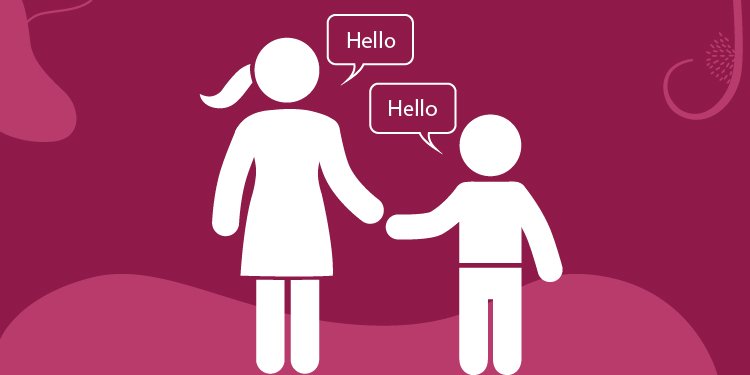HOW CAN PARENTS HELP THEIR CHILDREN ADAPT TO SCHOOL AND LIFE ABROAD?
Forced relocation to a new country, adaptation to new conditions and school staff are all factors that cause children to experience anxiety. They are more sensitive to changes and emergencies than adults, so parents should take care of their mental health.
Here's how parents can help their children cope with their worries.
It is important to remember that it takes about 6 months for a child to adapt to a new country. And it takes up to 2 months to get used to the new school team.
In general, psychologists advise parents not to demand self-discipline and responsibility from children under 12-14 years of age. Therefore, it is better not to scold your child for poor grades or unusual behavior, as they need more time to rest and adjust.
During the adaptation period, your child's school performance is not as important as their ability to get used to everything new.
Here are some tips for parents to help their child get used to a new place and new people
1. Experts advise you to show by your own example how you organize your everyday life and your own affairs. And then organize your child's life together. Don't just ask your child to do it, because they understand better when they see an example.
You should also take into account the child's daily routine. After all, with a schedule, it will be easier for him to prepare for possible challenges. Parents should make sure that the plan for the day is not canceled or changed. Plan some small things for your child that he or she will definitely be able to do. If you have traditions, such as an evening tea party, stick to them.
2. Adults should get involved in the child's routine: everyday life, class schedule, homework, communication with peers and hobbies. For a certain period of time, you need to be together with him/her to help him/her cope with all the challenges. Over time, you will notice that your child can cope without your support – this will be a sign that he or she has adapted.
In this process, the same small things will play their role. For example, it can be caring for or playing with a pet. Small responsibilities will give the child a sense of responsibility.
For children with disabilities the adaptation to new conditions may take longer as there are many factors play role, such as not only being a new child in the classroom, but having different individual characteristics. It may take time to ask for support such as additional helper in the classroom, ensuring accessibility of WASH facilities. There may be a need to meet with the principal, director, school nurse to share any insights about your child health.
3. Don't forget about daily physical activity for children. It can be a simple walk, or a workout, or ice skating, swimming, football, gymnastics, etc. Light physical activity improves sleep, appetite, and mood.
About the child's nostalgia for the previous school life
If you and your child have moved abroad and he or she is studying in a new school or online he or she may feel homesick for classmates or have difficulties with the new team.
Children in primary school may have less nostalgia than teenagers. After all, the former are still quite strongly attached to their parents. Teenagers, on the other hand, may find it difficult to bear the separation from their classmates and friends because they have already found their community. You can offer teenagers the opportunity to keep in touch with their friends online. For example, they can call each other via video or audio messengers, share photos and videos of their lives, and play online games with their friends.
It will take some time and your care for your child to fully engage in the educational process. All knowledge will be gradually recalled and assimilated, but the process of adaptation should be natural – without parental pressure.
Adapted from SPILNOINPL.ORG by UNICEF Poland.



